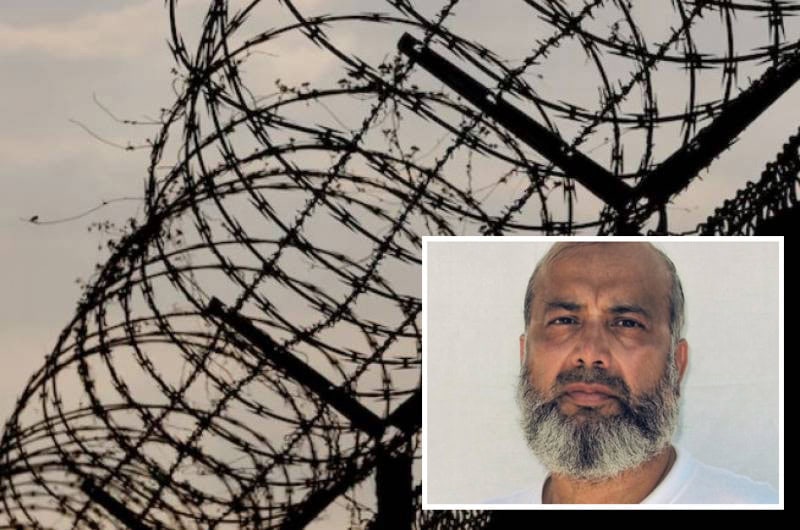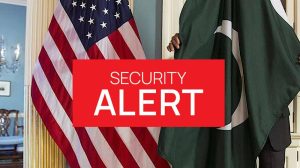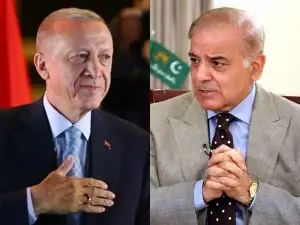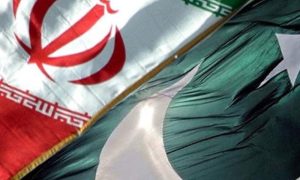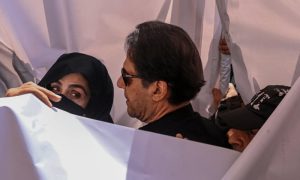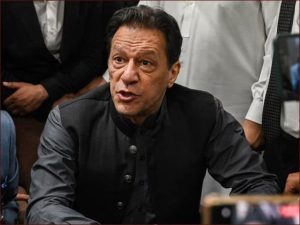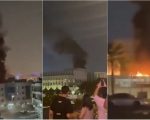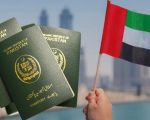WASHINGTON – Saifullah Paracha, a Pakistani businessman and the oldest prisoner in Guantánamo Bay, reached his homeland on Saturday after spending two decades in confinement at the infamous US military prison.
In a statement, the Ministry of Foreign Affairs said Islamabad completed an extensive inter-agency process to facilitate Saifullah’s repatriation. The incarcerated man was freed years after Washington declared him innocent; he was detained for aiding the terror outfit Al-Qaeda.
Foreign Minister Bilawal Bhutto Zardari also shared the development on Twitter. “Mr. Paracha, who was detained in Guantanamo Bay, has been released & reached Pakistan on Saturday. The Foreign Ministry completed an extensive inter-agency process to facilitate repatriation of Mr. Paracha. We are glad that a citizen detained abroad is reunited with his family,” he wrote on Twitter.
Mr. Paracha, who was detained in Guantanamo Bay 🇺🇸 , has been released & reached 🇵🇰 on Saturday. The Foreign Ministry completed an extensive inter-agency process to facilitate repatriation of Mr. Paracha. We are glad that a citizen detained abroad is reunited with his family. https://t.co/VSTOTAbuMP
— BilawalBhuttoZardari (@BBhuttoZardari) October 29, 2022
Paracha’s release is another step toward shutting down of world’s most controversial Prison detention center for terror suspects.
Last year, the US approved the release of a Pakistani businessman who was detained in Bangkok in July 2003. The oldest prisoner in the most isolated prison was cleared by a US prisoners review board along with two other men.
The ill-fated man was detained in the summer 2003 in an FBI-led operation when he was traveling to Bangkok to join his business partner.
Initially, US officials accused him of financially supporting Al-Qaida members and tried to help them smuggle explosives, however, he was never charged.
Over the years, human rights activists have called the detentions camp a historic wrong move of the US besides allegations of torture in early questioning and challenges to the lawfulness of military tribunals there.
However, the US administration called the camp ‘a need of the hour’ to safely manage international ‘terror suspects’.

